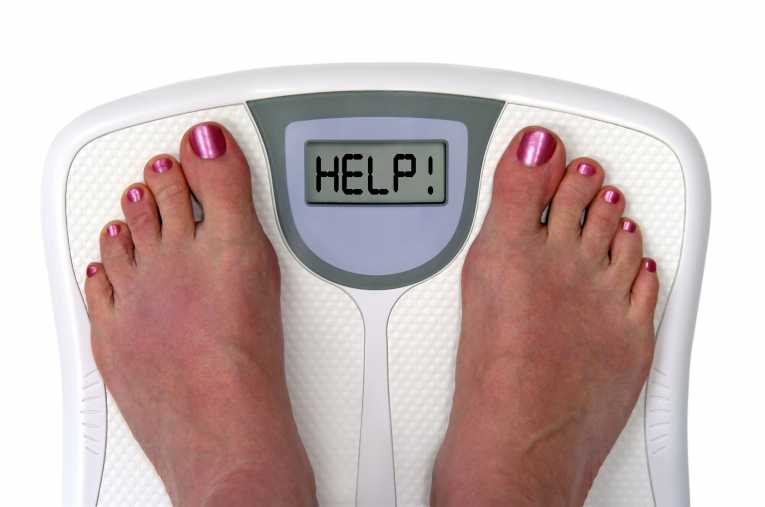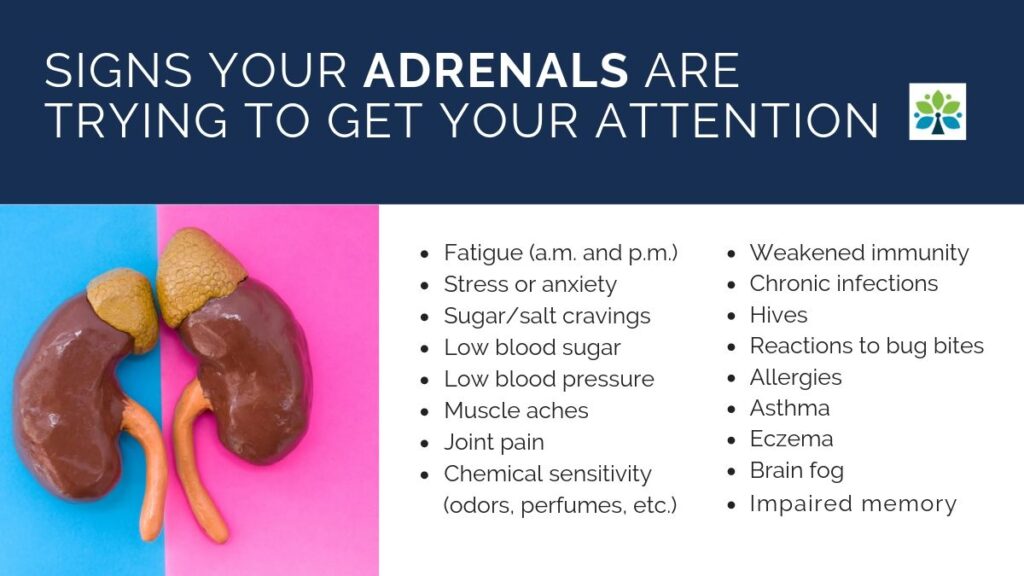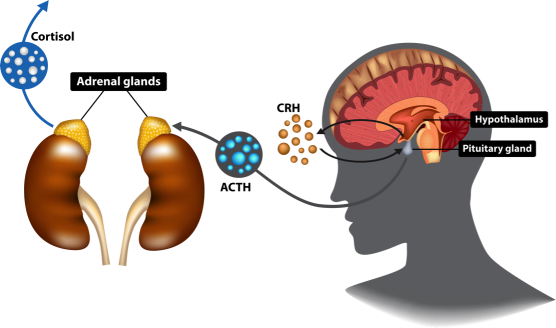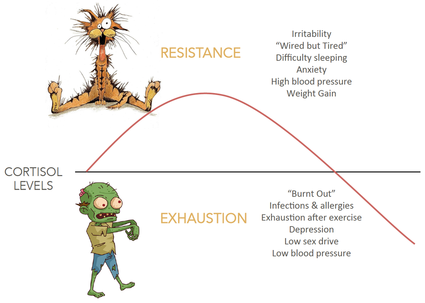You tried everything. Paleo. Keto. Chrono. You include regular walking or even cycling and running in your daily schedule. Have you taken dinner off the menu or started reluctantly eating various salads for dinner and going to bed… hungry? You read about ideal combinations in the diet, you no longer eat the main course and dessert in the same meal, or fruit immediately after your meal. You even started making all those sweets with sugar substitutes, but it doesn’t work. No matter how hard you try, in some way you suffer, the scales are still at the same number, and somehow, over time, as if you are gaining more and more weight. What is it really about?

If you are prone to research on health and nutrition, and if you have certain problems, so that your doctor already informed you on this topic, and maybe did certain blood analysis, you are probably familiar with the impact that your thyroid gland has on your body and metabolism. It is one of the most important glands in our body, which, when its functions slow down, also leads to a slowdown in metabolism, which leads to weight gain.
But that’s only half the story.
The adrenal glands are equally important. They are like triangles the size of a walnut and “sit” on both kidneys. The cortex of these glands secretes the hormone cortisol, which regulates the circulation of carbohydrates, proteins and gluconeogenesis. The core of the adrenal glands secretes adrenaline. In stressful situations, the adrenal glands secrete these essential hormones in order to defend against potential danger in our environment. However, the problem arises if stress becomes chronic: then these fine glands are depleted, over time reducing the body’s resistance to stress. Then the adrenal fatigue syndrome occurs.
The adrenal glands are responsible for releasing a group of hormones called “glucocorticoids”, hormones that in some people lead to uncontrolled weight gain.

Doctors who came to this discovery went further, by studying individual glucocorticoids, to find that the already mentioned cortisol, better known as the “stress hormone”, has the strongest influence on the hormonal system. Stress-induced cortisol has been found to have a direct effect on your thyroid gland. Specifically, elevated cortisol prevents increased metabolism in your thyroid gland.
And that’s exactly why you don’t lose weight the way you want.
Most will immediately think, “Well, I’m not that stressed.” However, if you take a closer look at your own reactions to situations in your daily life, you will see that “every, even the slightest stress counts”: a hectic daily lifestyle and the feeling that you do not have enough time for yourself and your loved ones, deadlines at work, separating children in the tenth toy grab today, putting a two-year-old to sleep who just doesn’t want to sleep, a conscience that doesn’t leave you alone because despite your efforts you wonder if you’re a good enough spouse, parent, friend, colleague… financial challenges, frustrations through the daily traffic jams… Every “small” stress is “counted”. Each of these stresses brings a new dose of cortisol into your body, so in some ways, regardless of your new diet and exercise program, you keep the weight loss switch in the “Off” position at all times. All the effort is in vain while cortisol works against you, slowing down your thyroid gland and the whole metabolism, thus burdening the adrenal glands as well.

One of the bad news is that, despite the best intention to bring your weight back to normal with intense exercise, even intense exercise floods your body with cortisol, according to a study published in the Journal of Endocrinological Investigation. Until you eliminate the sources of chronic stress, exercise and starvation will in some way only increase the stress in the body.
And that’s not all…
Another study from the University of California proved that the amount of cortisol in your body increases as you age. So, the older you get, the more “stress hormones” work to slow down your metabolism. It seems like everything is trying to stop you from losing weight.

But there is hope…
– If you want to lose weight, and you feel that this is your need to just add stress to the already existing chronic one, you may need to go back a step, two, and work on identifying the source of stress in your life.
– Analyzing your own reactions to stressful events over several days and recording your own “excessive reactions” to stressful events will very quickly give you an insight into how really stressed you are.
– If there are no sources of relaxation in your life, it would certainly be very good for you to consider introducing new habits into your life, habits that could lead you to balance.
– Consider introducing a spiritual practice such as meditation into your daily schedule, which in a very short period of time can bring you benefits at all levels.
Find time for yourself in your busy schedule, but not in a busy way, but in a relaxed way that could fill you with positive energy, instead of being one more obligation for you. Work for your own benefit. Your glands will know how to appreciate it 🙂

Milana Zoric, Doctor of Psychology

